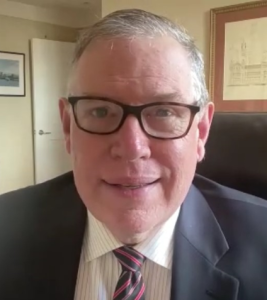
ROBIN ADAIR
VANCOUVER ISLAND – It’s an interesting study to determine how people on Vancouver Island are generally feeling about their communities and their livelihoods and how this is reflected in their political mood when voting in upcoming provincial and federal elections. Several factors certainly come to play particularly in regards to where a person lives and what they do for a living.
For example, those who reside in Duncan, Port Alberni, Campbell River or other industry dependant towns feel a growing uncertainty in the face of potential layoffs or job losses as mills reduce shifts and, in some cases, close because of the wood fibre shortage. Even in a larger city like Nanaimo many good paying industrial sector jobs are under threat, resulting in a negative ripple effect across the region.
In contrast the South Island has the comfortable ballast of public sector employment to shield it from the woes presented by the resource sector. In fact, public sector hiring far outpaces that of private business. Stable, taxpayer supported incomes bring stability and when combined with the influx of new arrivals life is pretty good.
So how does this tale of two economies play in terms of political support? On the one hand the rapid growth in BC’s major urban areas has created a demographic shift where these regions are tilting to the centre-left. Thus, we’re seeing the strength of the New Democrats on the South Island and wide swaths of the Lower Mainland.
In Central and Northern Vancouver Island and the BC Interior the political landscape is not clear-cut. The general decline in once bountiful natural resource industries has created profound discontent. Many blue-collar union members who traditionally supported the NDP for decades now see this labour party favoUring the white-collar workforce in urban centres.
Thus, today we see the phenomena of large rallies in industrial towns for Canadian Conservative Leader Pierre Poilievre who talks about re-invigorating forestry, mining and oil and gas development. Working people may share in the ideals of zero carbon and a green future but at present employment and a paycheque are simply more important.
Provincially, it’s hard to see how centre-right messages will overcome the well-established political machine of David Eby’s NDP. Certainly not in the immediate future. But, never doubt that there will many more surprises in another year’s time when Island voters deliver their verdict on Justin Trudeau’s Liberal vision of Canada.
Robin Adair is Co-Host Victoria Rumble Room

